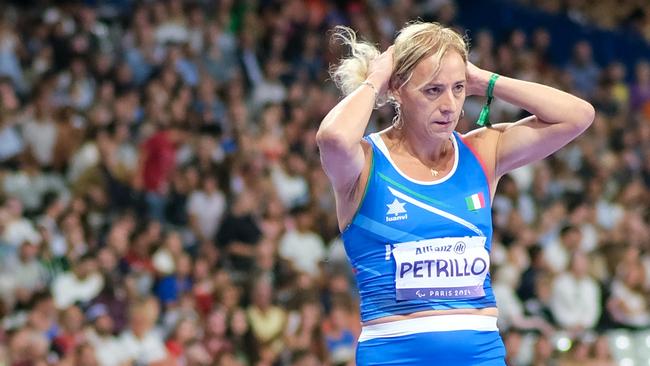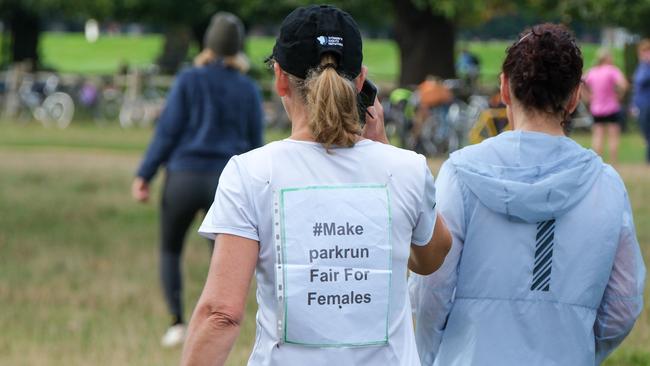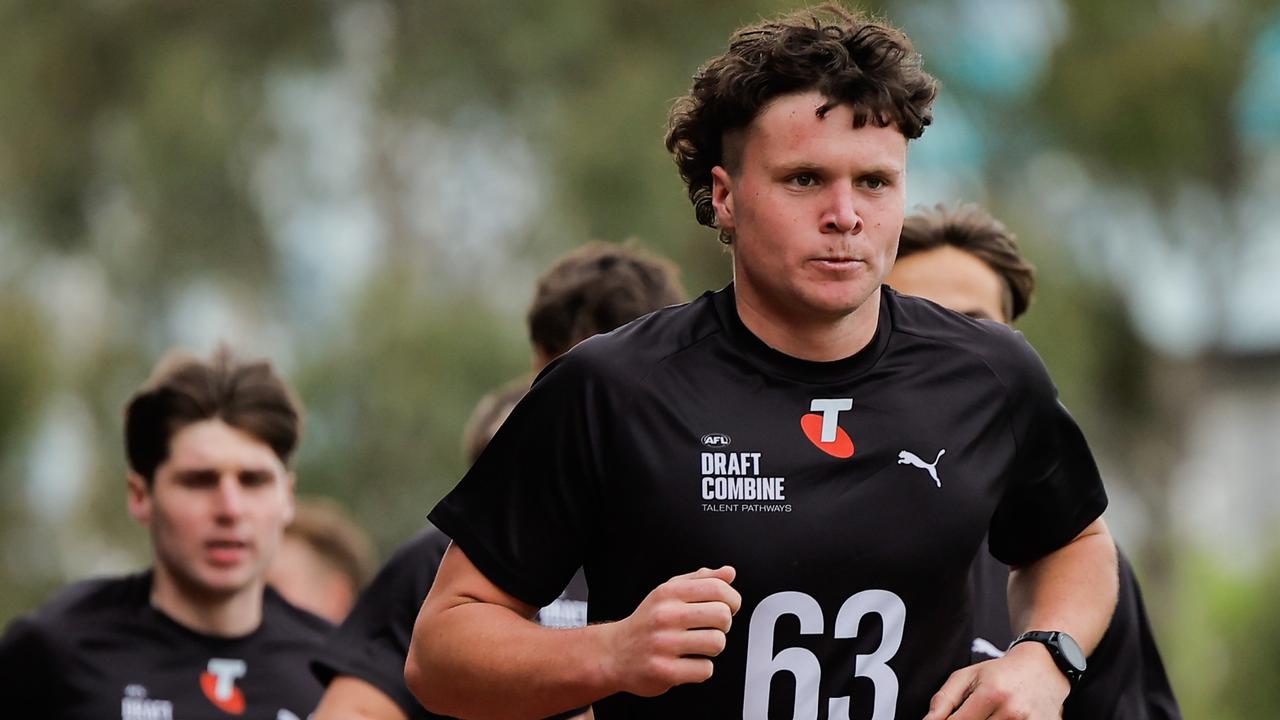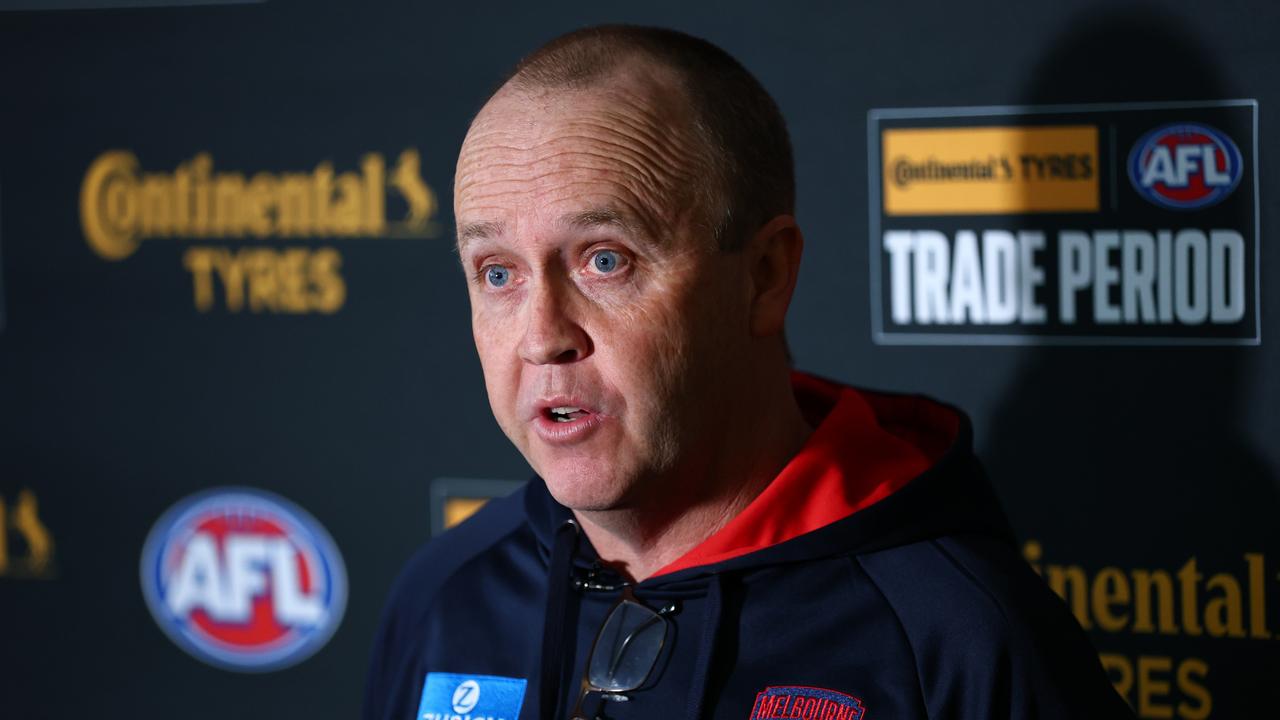UN expert: ‘males must not compete in female sports’ to prevent abuse and injury
Biological females lose opportunities, medals, and are at increased risk of sexual attacks says UN special rapporteur in an explosive report to the UN General Assembly calling for protection of women’s sport and spaces.

Female sport categories should be exclusively accessible to biological females, with men who identify as trans women to compete in an open or male category, the United Nations Special Rapporteur on violence against women and girls has found.
The United Nations General Assembly in New York will formally receive the explosive report on Tuesday which demands sports organisations – from the International Olympic Committee to grassroots organised events – “ensure that female categories in organised sport are exclusively accessible to persons whose biological sex is female”.
The UN special rapporteur Reem Alsalem has slapped down both the International Olympic Committee and the International Paralympic – witnessed recently in Paris – of allowing biological males and competitors with XY chromosomes to compete against females.
Imane Khelif and Lin-Yu-Ting both won Paris Olympic boxing gold medals despite being banned by the International Boxing Federation for having XY chromosomes. In the Paralympics the biologically male Italian runner Valentina Petrillo was allowed to compete in the women’s T12 400m and 200m.

The issue of biological males in female spaces and accumulating female records through self-identification has accelerated in recent years, even filtering down to silent protests about the by concerned females during the Saturday morning community event Park Run.
Ms Alsalem writes in her 24 page report that “in cases where the sex of an athlete is unknown or uncertain, a dignified, swift, non-invasive and accurate sex screening method (such as a cheek swab) or, where necessary for exceptional reasons, genetic testing should be applied to confirm the athlete’s sex.”
She says those competitors who do not wish to compete in the category of their biological sex can participate in sport through the creation of open categories where sports convert the male category into an open category.
Ms Alsalem said there was in an increasing number of female athletes losing opportunities, including medals, when competing against males.
“According to information received, by 30 March 2024, over 600 female athletes in more than 400 competitions have lost more than 890 medals in 29 different sports,’’ she said.
Of utmost concern, Ms Alsalem’s report has found that females have been put at increased risk of sexual harassment, assault, voyeurism and physical and sexual attacks in unisex locker rooms and toilets where sports have removed single sex spaces.
She said the insistence on maintaining female-only spaces, along with safeguarding and risk management protocols, arises from empirical evidence demonstrating that sex offenders tend to be male and that persistent sex offenders go to great lengths to gain access to those they wish to abuse.
She also found that female athletes are also more vulnerable to sustaining serious physical injuries when female-only sports spaces are opened to males, citing examples in volleyball, basketball and soccer including instances of adult males playing in teams of underage girls resulting in concussions broken legs and skull fractures.
According to scientific studies, males have certain performance advantages in sports, she wrote. One study asserts that, even in non-elite sport, “the least powerful man produced more power than the most powerful woman” and states that, where men and women have roughly the same levels of fitness, males’ average punching power has been measured as 162 per cent greater than females.

She found that even where sports federations mandate testosterone suppression it doesn’t eliminate the comparative performance advantages biological males have already acquired and the testosterone levels are at best “not evidence-based, arbitrary and asymmetrically favour males”.
“To avoid the loss of a fair opportunity, males must not compete in the female categories of sport,’’ she wrote.
Further in the report Ms Alsalam notes that women and girls in sports are rarely consulted on the sex-separation issue and they have faced negative repercussions when reclaiming their right to single-sex sport, “in efforts to silence them”.
Australia, along with Canada, is considered an outlier in the protection of women’s spaces, but the country was mentioned in the report for encouraging bystanders to prevent sexual assaults and Gymnastic Australia’s apology to athletes and families who had experienced abuse.
Ms Alsalam refers to various legal mechanisms underpinning her report: Articles 2 and 3 of the International Covenant on Civil and Political Rights; article 2 of the Universal Declaration on Human Rights, article 1 of the Convention on the Elimination of All Forms of Discrimination Against Women, Articles 1 and 4 of the Universal Declaration of Human Rights, Article 17 of the International Covenant on Civil and Political Rights of 1966, Article 3 of the International Covenant on Economic, Social, and Cultural Rights.

She also stressed that under international human rights law, differential treatment on prohibited grounds may not be discriminatory if it is based on reasonable and objective criteria; it pursues a legitimate aim its effects are appropriate and proportional to the legitimate aim pursued and it is the least intrusive option to achieve the intended result. “Maintaining separate-sex sports is a proportional action that corresponds to legitimate aims within the meaning of article 26 of the International Covenant on Civil and Political Rights and does not automatically result in the exclusion of transgender persons from sports, nor does it require invasive sex screenings,’’ she wrote.
“When combined with other measures, such as open categories, fairness in sports can be maintained while ensuring the ability of all to participate – a course of action followed by several professional sports associations.”







